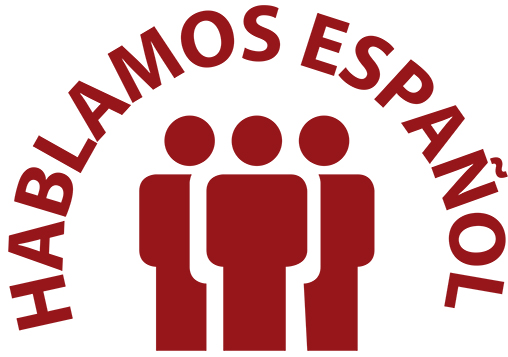In the ever-changing business landscape, no organization is immune to employee disengagement, often stemming from outdated practices failing to align with modern workforce expectations. For businesses to stay competitive and profitable, it’s essential to continually reassess and update internal policies, practices, and procedures (P3). Ignoring this can lead to barriers that negatively impact morale, talent acquisition, retention, productivity, and organizational culture.
At LAAHR, we specialize in assisting employers to stay ahead of the game, modernizing HR departments and internal P3s to meet today’s challenges effectively. In our work with clients, we’ve consistently identified common themes of dissatisfaction. These often originate from antiquated P3s. Below, I share prevalent causes of employee discontent, which, if ignored, can erode trust in the employer, making the organization vulnerable to unionization or legal issues:
-
- Inaccessible Supervision: Supervisors who are unapproachable, non-responsive, or unfair.
- Inadequate Compensation: Wages that don’t keep pace with living costs or recognize employee tenure.
- Inferior Healthcare Benefits: Costly plans with high deductibles and co-pays.
- Lack of Recognition for Tenure: Equating long-serving employees with new hires in terms of pay and benefits.
- Inconsistent Discipline: Unclear rules, lack of appeal process, and lengthy record-keeping.
- Hasty Terminations: Insufficient investigations and unexplained dismissals.
- Delayed Response to Complaints: Slow or indifferent handling of employee grievances.
- Biased HR Practices: HR is perceived as always siding with management.
- Communication Barriers: Language issues, avoidance of direct interaction, and over-reliance on electronic communication.
- Inadequate Resources: Poorly maintained or insufficient tools and equipment.
- Job Insecurity: Fears of layoffs or retaliation for voicing concerns.
- Limited Internal Mobility: Few opportunities for career advancement.
- No Recognition for Excellence: Lack of acknowledgment for performance or safe work practices.
- Poor Workplace Conditions: Unsanitary facilities, unsafe areas, and inadequate amenities.
- Rigorous Attendance Policies: Penalizing use of sick leave or requiring mandatory PTO.
- Unfair Overtime Practices: Mandatory overtime, uneven distribution, and manipulative scheduling.
- No Paid Holidays: Requirement to use PTO for holidays.
- Unpredictable Work Hours: Inconsistent end-of-day times, impacting personal life planning.
To prevent the “Boiling Frog Syndrome” in business – where gradual changes go unnoticed until it’s too late – management must be vigilant. Just as a frog in slowly heated water fails to perceive the danger and is eventually cooked, businesses may fall prey to worsening conditions of employee discontent if early signs are overlooked. Being proactive in addressing these issues is crucial to prevent severe consequences.
Conducting an internal audit focusing on P3s and engaging directly with employees are effective strategies for fostering a positive, productive workplace. At LAAHR, we are committed to guiding businesses through these challenges, ensuring a modern, engaging, and responsive workplace environment.

